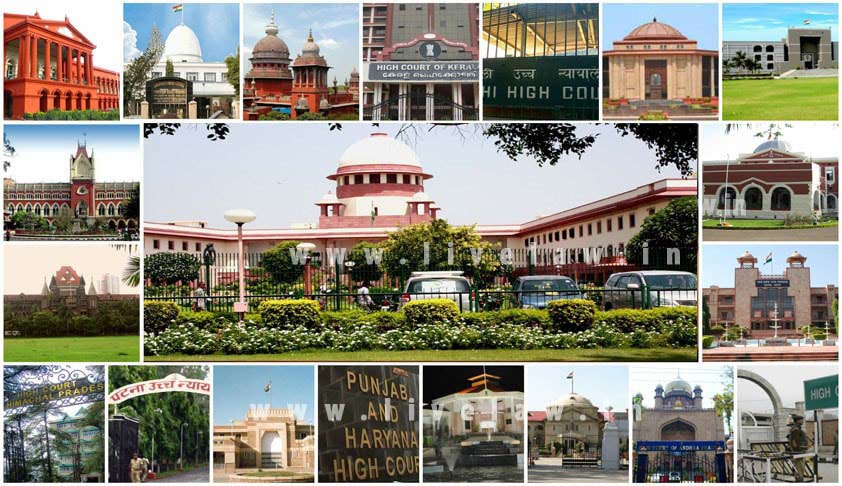- Home
- /
- News Updates
- /
- High Courts Weekly Round-Up
High Courts Weekly Round-Up
Ashok KM
2 Oct 2016 9:08 PM IST
Allahabad High CourtThe Allahabad High Court in Sher Singh @ Sheru vs. State of UP dealt with the issue of claim of juvenility raised by the accused when proceedings were underway. The Bench decided that the right of an accused to raise the issue of juvenility cannot be denied by dismissing the writ petition as infructuous and, in case the writ petition in question has been filed though...
Next Story



